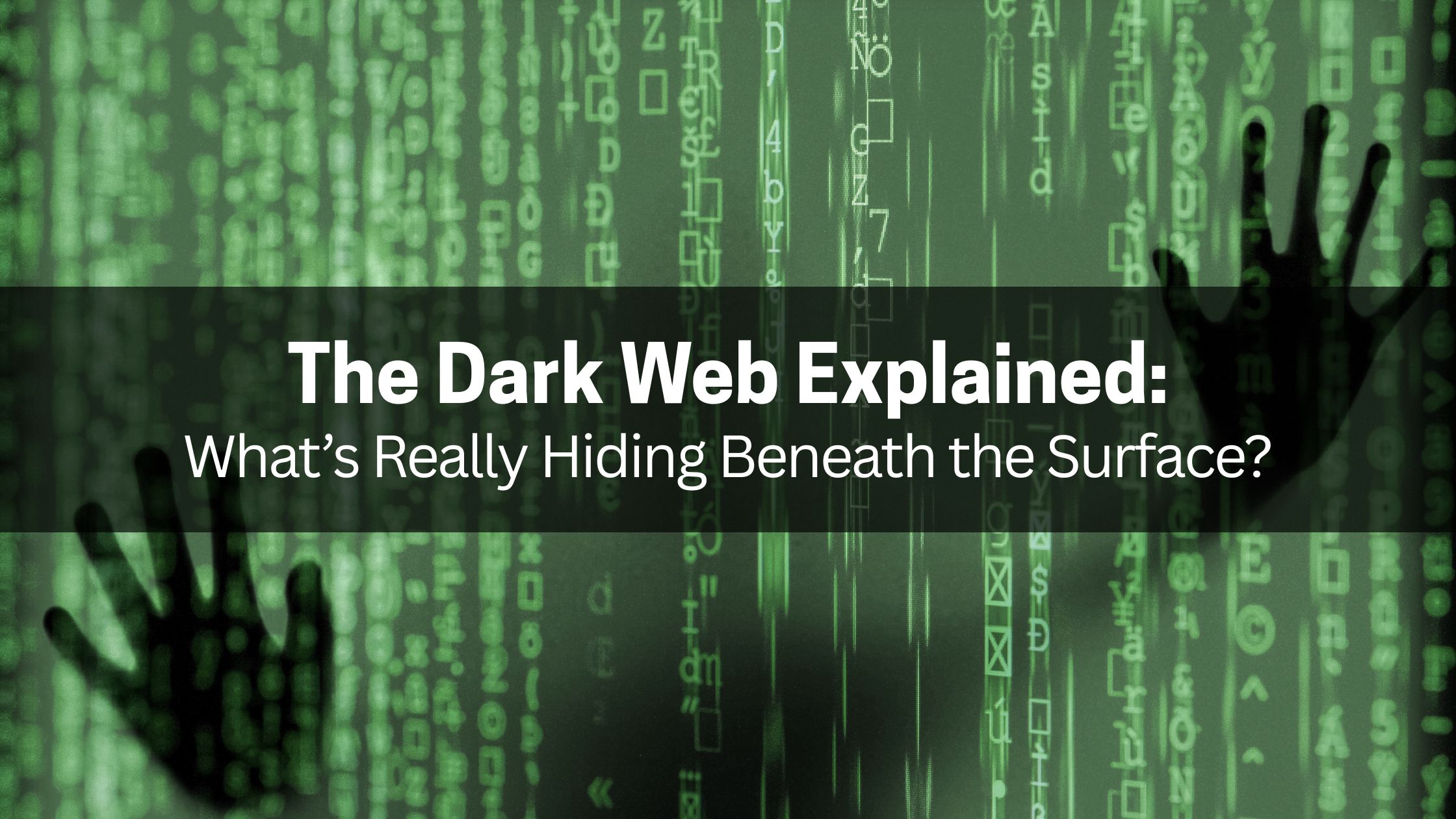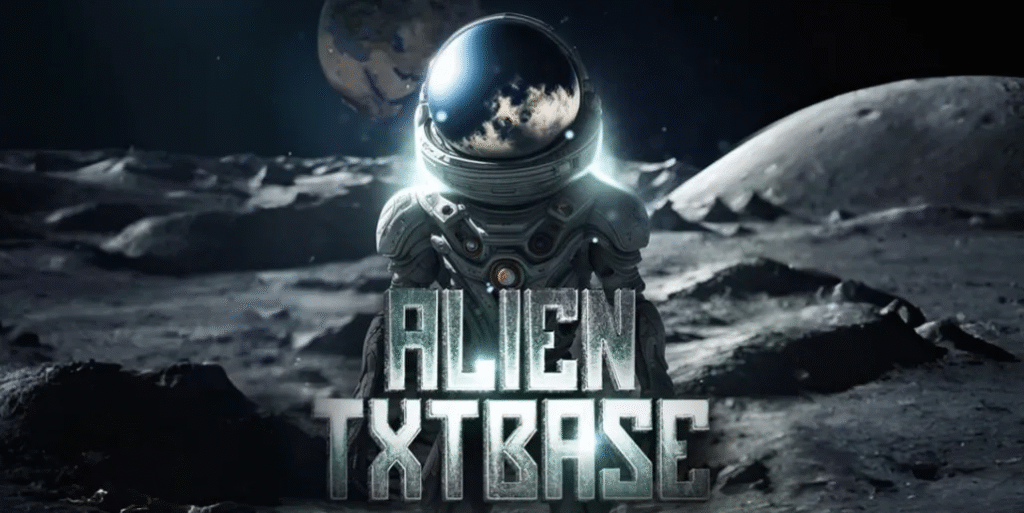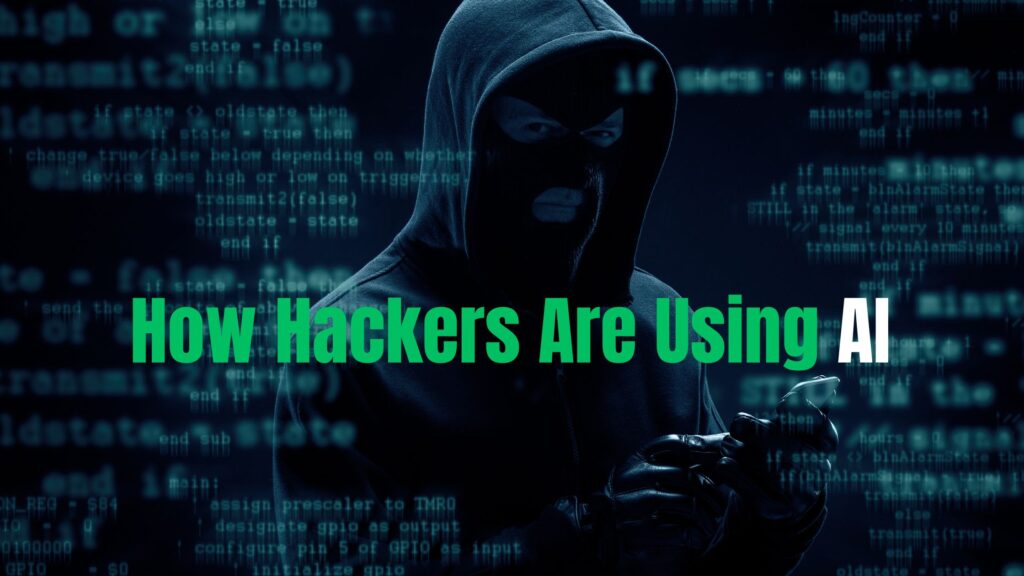🚨 You’ve heard the rumors…
“The dark web is where hackers buy stolen credit cards…”
“You can hire a hitman with Bitcoin…”
“It’s the internet’s evil twin…”
But how much of that is true?
And what’s really hiding beneath the surface of the internet?
Let’s break it all down — simply, clearly, and without the fear-mongering.
Welcome to the real story behind the Dark Web.

🌐 First Things First: Not Everything on the Internet Is Visibl
You probably use the internet every day — searching Google, watching YouTube, posting on Instagram.
But guess what?
That’s only a tiny fraction of the internet.
Let’s picture the internet like an iceberg:
📶 1. Surface Web – What You Use Every Day
- Everything you can find using Google or Bing.
- Websites like Facebook, Netflix, Amazon.
- Only about 5–10% of the entire internet!
🧪 2. Deep Web – The Hidden But Harmless Part
- Stuff you can’t find on search engines.
- Includes things like:
- Your email inbox
- Online banking accounts
- School or company intranets
- Private medical records
- 100% legal — just private.
🕶️ 3. Dark Web – The Secret, Encrypted Corner
- Only accessible with special tools like the Tor Browser.
- Designed for anonymity and privacy.
- This is where things get interesting…

👀 What’s Really on the Dark Web?
Not everything on the Dark Web is illegal.
But yes, there’s some dark stuff. Let’s separate fact from fiction:
✅ Legal Uses (Yes, They Exist!)
- Whistleblowers use it to leak info safely.
- Journalists use it to protect sources.
- Activists in censored countries use it to speak freely.
- Some sites even mirror Facebook or Wikipedia for anonymous access.
❌ Illegal Stuff (The Dark Side)
- Hacking tools and data (like passwords, credit card numbers).
- Fake IDs and passports.
- Drugs, weapons, and other black-market items.
- Hitmen-for-hire (often scams, but still scary).
- Disturbing forums (not recommended at all).
The media loves to focus on the illegal stuff, but the Dark Web isn’t all crime — it’s also a refuge for privacy in a digital world full of surveillance.
🔐 How Do People Access the Dark Web?
You can’t just type “darkweb.com” — it doesn’t work that way.
To access the Dark Web, you need:
- Tor Browser – A special browser that hides your identity and lets you access “.onion” websites.
- (Optional) VPN – For extra protection.
- Hidden Directories – Since there’s no Google, people use special websites like The Hidden Wiki to find links.
Warning: It’s easy to land on disturbing or dangerous sites. If you’re just curious, don’t go clicking randomly.
🧑⚖️ Is the Dark Web Illegal?
No — using the Dark Web is not illegal.
But here’s the rule:
Visiting the Dark Web = Legal.
Buying illegal stuff there = Illegal.
It’s like walking through a sketchy part of town. Looking around? Fine.
Buying drugs from a stranger? Not fine.
🧠 Final Thoughts: Should You Be Scared?
No — but you should be smart.
The Dark Web isn’t just a digital nightmare. It’s also:
- A tool for free speech
- A shield against censorship
- A mirror of the real world, both good and bad
The key is understanding it.
Once you do, you’ll be safer, smarter, and harder to fool.
🔎 Quick Recap:
- The Dark Web is part of the internet you can’t access with Google.
- You need the Tor browser to enter.
- It’s used for both good (privacy, free speech) and bad (crime, hacking).
- It’s not illegal to explore, but be careful what you do.
📣 Want to learn more about digital privacy and cybersecurity?
Follow “CyberAlmamun” for simple, clear, and powerful guides on staying safe in the digital world.
🔐 Your privacy matters — let’s protect it together.



